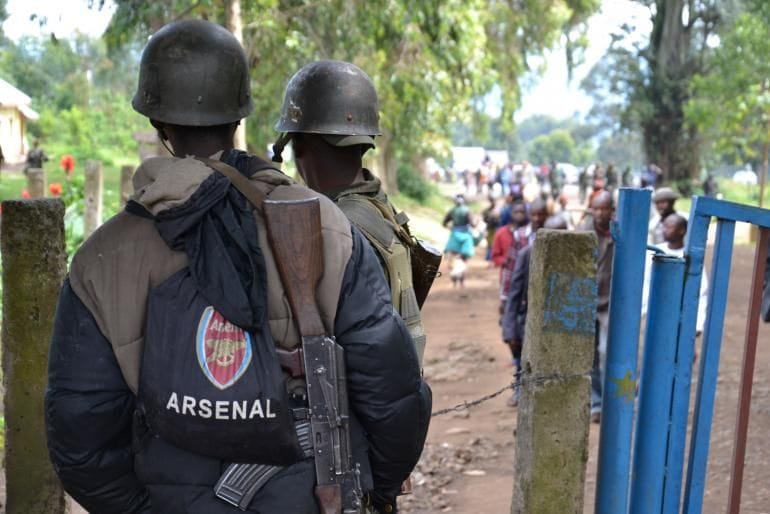The Democratic Republic of Congo is facing a growing health crisis as a mysterious illness continues to claim lives in several villages. The unidentified illness has already killed dozens of people, with many more reported to be infected. The situation has prompted an investigation by UN experts, who are working to identify the cause of the illness and contain the outbreak.
According to reports, the illness began to spread in early March, with the first cases reported in a remote village in the northeastern part of the country. Since then, the illness has spread to several other villages, with the death toll rising steadily. Health officials have reported that the illness is characterized by symptoms such as fever, vomiting, and diarrhea, which are similar to those of other infectious diseases such as cholera and Ebola.
However, despite the similarities, health officials have been unable to identify the cause of the illness. “We are working to identify the cause of the illness, but so far, we have not been able to determine what is causing it,” said Dr. Jean-Jacques Muyembe, the director of the Congo’s National Institute for Biomedical Research. “We are working with international partners, including the World Health Organization (WHO) and the Centers for Disease Control and Prevention (CDC), to try to identify the cause of the illness and contain the outbreak.”
The investigation into the illness is being led by a team of UN experts, who arrived in the Congo earlier this week. The team is working closely with local health officials to gather data and samples, which will be analyzed in laboratories to try to identify the cause of the illness. “We are taking this situation very seriously, and we are working to do everything we can to contain the outbreak and prevent further deaths,” said Dr. Matshidiso Moeti, the WHO’s regional director for Africa.
The Congo has experienced several major health crises in recent years, including outbreaks of Ebola and cholera. However, the current outbreak is particularly concerning due to the fact that the cause of the illness has not been identified. “We are doing everything we can to support the government of the Congo and the affected communities,” said Dr. Moeti. “We urge everyone to remain calm and to follow the advice of local health officials to prevent the spread of the illness.”
The outbreak has also raised concerns about the country’s healthcare infrastructure, which has been criticized for being inadequate. “The healthcare system in the Congo is facing significant challenges, including a lack of funding, equipment, and trained healthcare workers,” said Dr. Muyembe. “We are doing everything we can to address these challenges and to improve the healthcare system, but it will take time and resources.”
In the meantime, health officials are urging people to take precautions to prevent the spread of the illness. “We are advising people to avoid close contact with anyone who is sick, to wash their hands regularly, and to avoid eating or drinking anything that may be contaminated,” said Dr. Muyembe. “We are also working to distribute protective equipment, such as masks and gloves, to healthcare workers and other people who may be at risk of infection.”
The international community is also providing support to the Congo to help contain the outbreak. The WHO has deployed a team of experts to the country, and the CDC is providing technical assistance and equipment. The United States, the European Union, and other countries have also pledged financial support to help the Congo respond to the outbreak.
As the investigation into the illness continues, health officials are urging people to remain calm and to follow the advice of local health officials. “We understand that this is a concerning situation, but we are doing everything we can to contain the outbreak and prevent further deaths,” said Dr. Moeti. “We urge everyone to remain calm and to follow the advice of local health officials to prevent the spread of the illness.”



